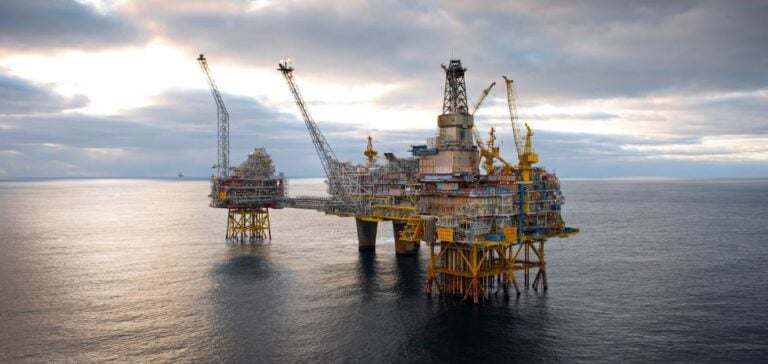The announcement, made late on April 23, follows Eni’s recent acquisition of London-based Neptune Energy in January, including an operating interest in the UK’s most productive gas field, Cygnus. The agreement envisaged since the end of March should bring production in 2024 to over 100,000 barrels of oil equivalent per day (boe/d), with a balanced split between oil and gas, and the potential to reach 150,000 boe/d in the early 2030s.
Eni’s exclusions and ongoing commitments
The agreement excludes Eni’s East Irish Sea and carbon capture and storage projects, with Eni remaining the lead investor in the flagship government-backed HyNet North West project. The majority of the shares will remain in Delek’s hands, with a 52.7% stake upon conclusion of the agreement.
Ithaca’s performance and challenges
Ithaca, which produced just over 70,000 boe/d in 2023, is forecasting a drop in production to 56,000-61,000 boe/d this year, due to the cancellation of several new projects impacted by the UK tax regime. Ithaca also encountered difficulties with the Cambo oil project in West Shetland, the target of environmental protests, after it entered the project in April 2022.
Strategy and synergy
The “satellite model” adopted by Eni aims to respond to the challenges and opportunities of energy markets by creating focused, agile companies capable of attracting new capital to create value through operational and financial synergies. This combination will enable Eni to continue its successful growth on the British continental shelf.
Expanded asset base and outlook
The combined entity will have reserves and contingent resources of around 658 million barrels of oil equivalent, including interests in 37 producing fields, including six of the UK’s largest. These assets include significant contributions to the UK heavy crude and gas markets.
The merger between Eni and Ithaca Energy marks a significant step in the consolidation of Eni’s North Sea operations, with expected benefits in terms of production.






















